Categories
-
Advertising / Agriculture / Apparel & Clothing
-
Architecture / Art & Craft / Automobiles
-
Bags & Shoes Accessories / Spare Parts / Books & Stationery
-
Business Services / Mobile Accessories / Computers & Laptops
-
Construction / Contractors & Freelancers / Education & Training
-
Electronics / Engineering / Environment
-
Event Planner / Fashion & Beauty / Financial
-
Gifts & Toys / Handicrafts / Health Care
-
Home Appliances / Hotel & Restaurants / Industrial Chemicals
-
Machinery Equipment / Information Technology / Jewelry
-
Kitchen / Instruments / Leather
-
Packaging / Personal / Plastic Products
-
Recruitment / Rental / Restaurants & Beverages
-
Security / Telecommunication / Tour & Travels
-
Transportation / Wooden Furniture

Probate Administration Services
Financial & Legal Services - Legal Advisors & Consultants-
*******489
Show
- Supplier: The Estate Plan
- Price: N/A
- Miami-Dade County including Coral Gables, Aventura, Palmetto Bay, Coconut Grove, Cutler Bay, Doral, Fontainebleau, Hialeah, Homestead, Kendall, Miami, Miami Beach, Miami Gardens, Miami Lakes, North Miami, North Miami Beach, Tamiami, and The Hammocks; and View on Map
- Add to Favourite














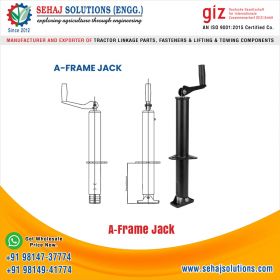
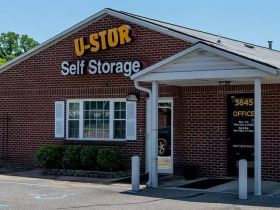


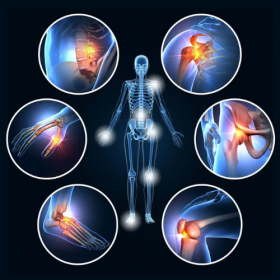


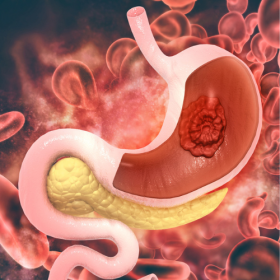
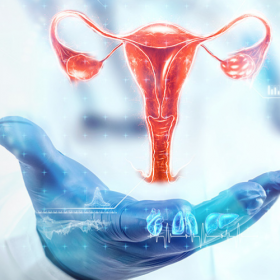



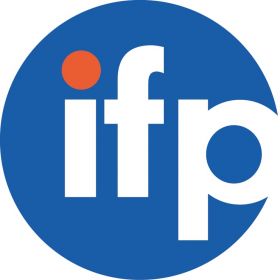







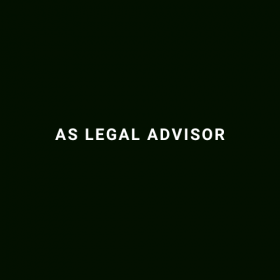


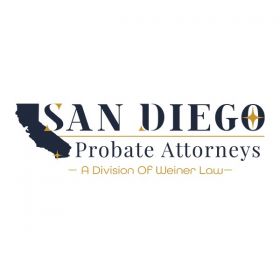




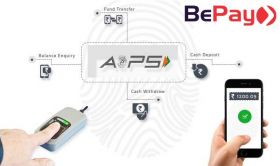


 get multiple quotes
get multiple quotes